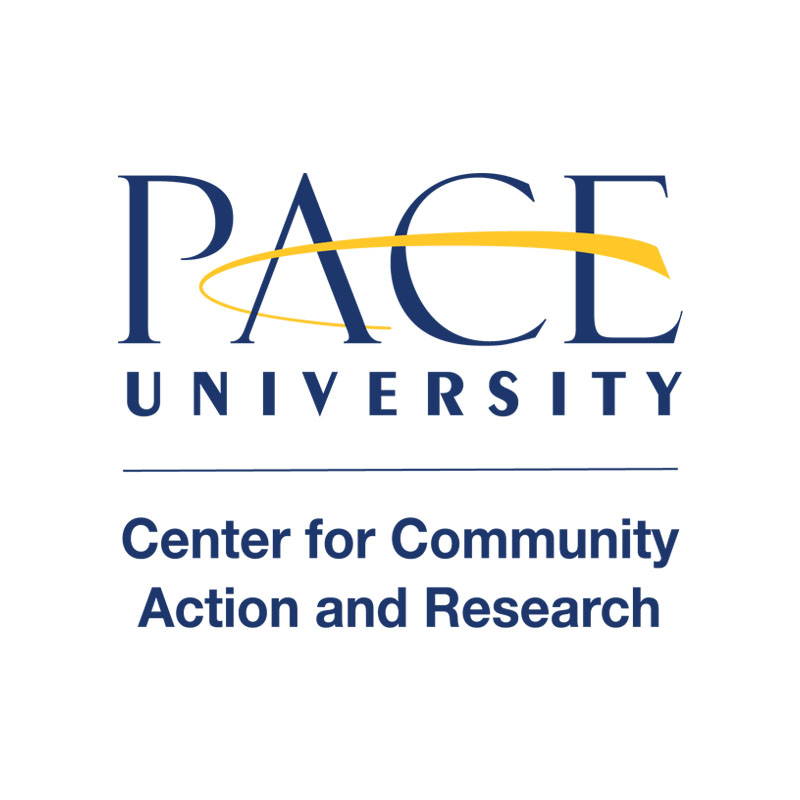Beautiful Trouble: The Social Cure
In February Pace NYC will be hosting the Debating for Democracy Conference, an annual event organized through the CCAR’s partnership with Project Pericles. This year we will be welcoming artist-activist trainers from Beautiful Trouble – a book and website “whose mission is to make grassroots movements more creative and more effective.” Every few weeks until the event CCAR staff members will be highlighting a case study from the book that they found particularly motivating. Today Alejandra Batista, Student Outreach and New Media Coordinator in NYC, shares her thoughts on the Social Cure.
“If your friends jumped off a cliff, would you jump too?” Well, maybe you should. In the Beautiful Trouble’s “The Social Cure,” the author, Andrew Boyd, introduces an interesting theory on how to bring about positive social change. According to Tina Rosenberg, author of Join the Club, the answer to what moves us is peer pressure. While we typically associate peer pressure with something negative such as encouraging your teenage friends to drink or smoke, peer pressure can be used to positively persuade and push people to do good.
From lowering HIV rates among South African youths (loveLife) to reducing the number of teen smokers in the United States (Students Working Against Tobacco), peer pressure has proven to be a successful tactic for positive social change. As mentioned by Rosenberg, these advances were brought about through targeted efforts by local NGOs to activate peer networks. In 2000, the Serbian student movement known as Otpor was able to create a non-violent army and overthrow Slobodan Milosevic, the “Buthcer of the Balkans.” The Otpor movement gained a lot of momentum and popularity due to its cool branding, which included “hip slogans, black t-shirts, absurd humor, rock music, and an iconic clenched-fist graphic.” Remember the reckless teenage behavior we associated with peer pressure? Well, some Otpor members used that association to their advantage by creating a cult around getting arrested. Teenage boys found a way to be rebellious and win the respect of girls by competing with other teenage boys to see who could “rack up the most busts.”
One element of peer pressure is following the social norm. Social norms are unwritten rules of behavior that are considered acceptable in society. Moreover, they are generally endorsed and expected because they are perceived as the right thing to do. Since people want to feel accepted in society, they listen to what society says is “proper” or “cool.” In the modern-day, we can see the effects of positive peer pressure through the vegan movement. The vegan movement aims to promote a lifestyle that excludes all forms of cruelty and exploitation of animals for the purpose of food, clothing, etc. Organizations, such as PETA and the Vegan Society, have released information on the benefits of converting to veganism. Some of these benefits include improvement of health, salvation of the planet, and ending animal torture.
Like the Otpor movement, the vegan movement has branded itself as well. The most impactful form of branding is the utilization of celebrities such as Billie Eilish and Ellen DeGeneres. These along with other celebrities have used their major platforms to influence and speak up about the reality of the meat industry, in addition to the harm consuming meat has on our health and the planet. The social norm and/or pressure fans feel to be like their idol or simply a better person has led many people to become vegan.
“The Social Cure” explains how positive peer pressure can ignite social change. Whether someone’s intention is to appear more “cool” or “interesting” or simply to do the right thing, peer pressure has proven to work. As mentioned above, the Otpor movement was able to overthrow the Serbian dictator Slobodan Milosevic through branding that attracted young people. Today, we can see positive peer pressure on social media and when we turn on our televisions.
Students interested in attending the Debating for Democracy Conference on February 28th should email emysogland@pace.edu for more information!







